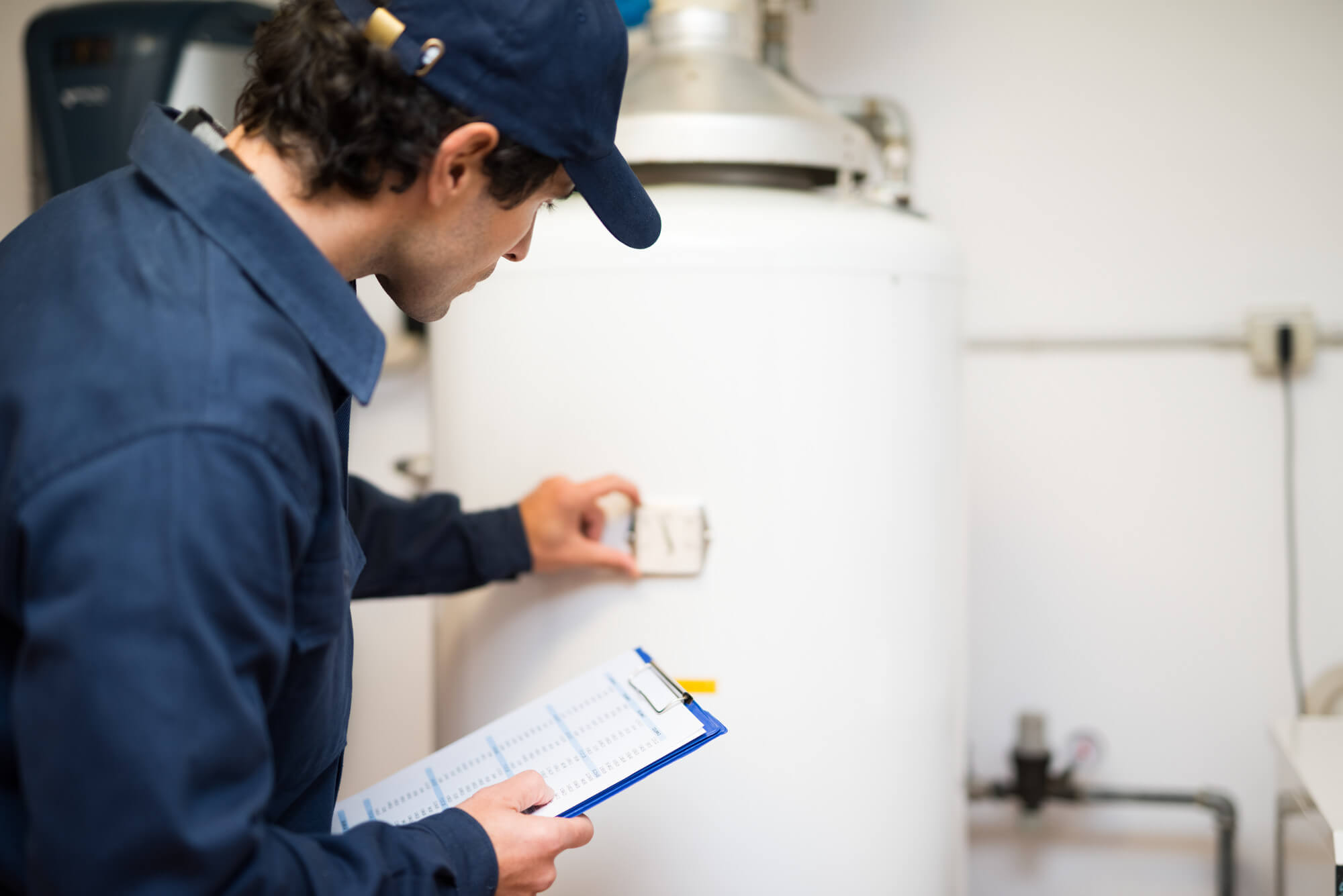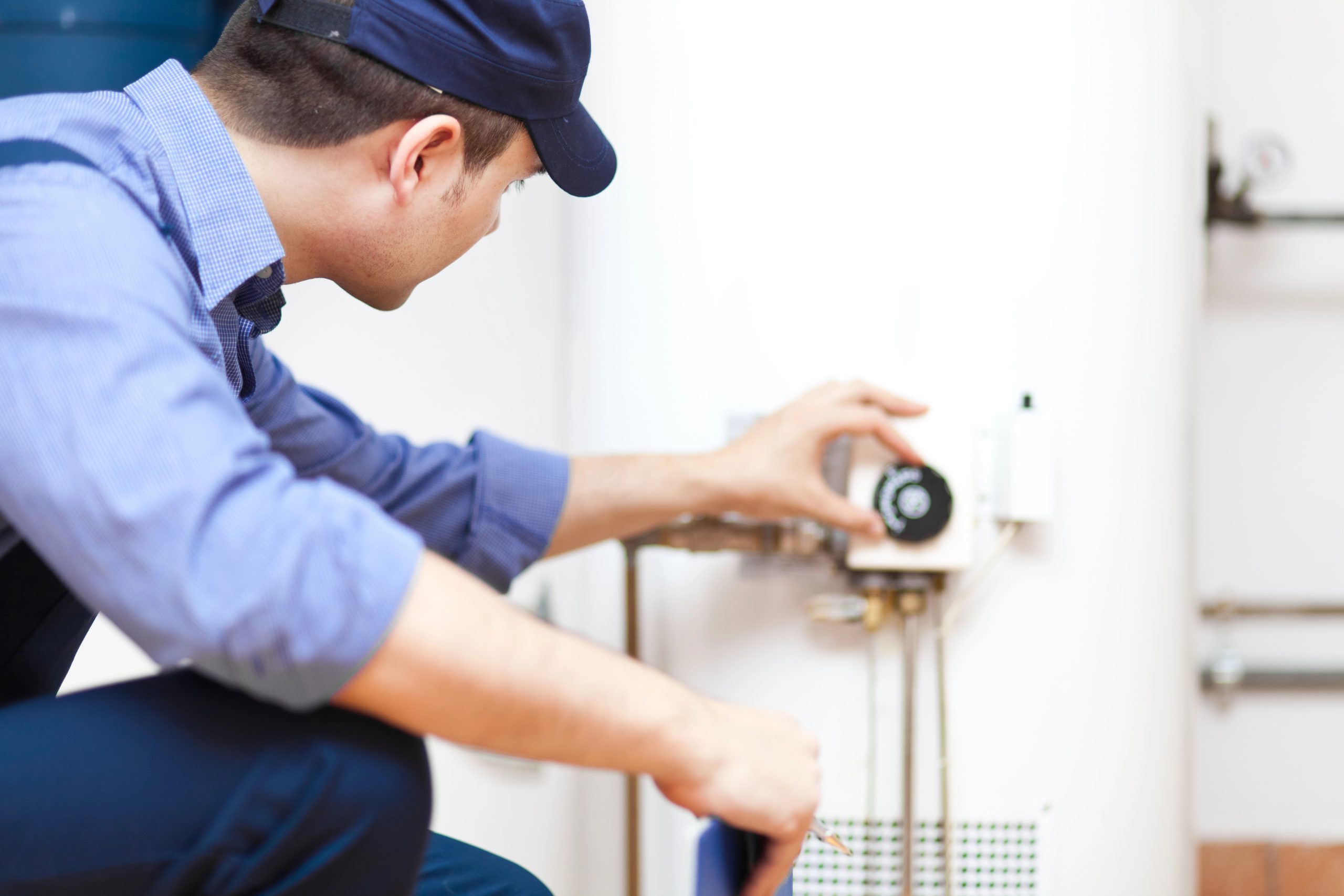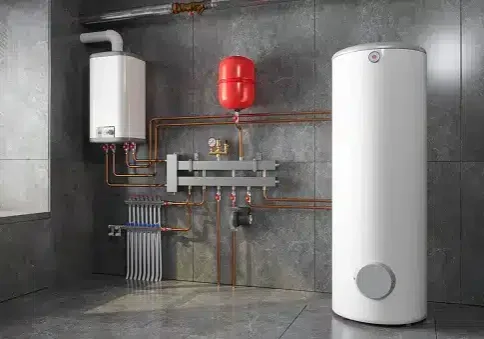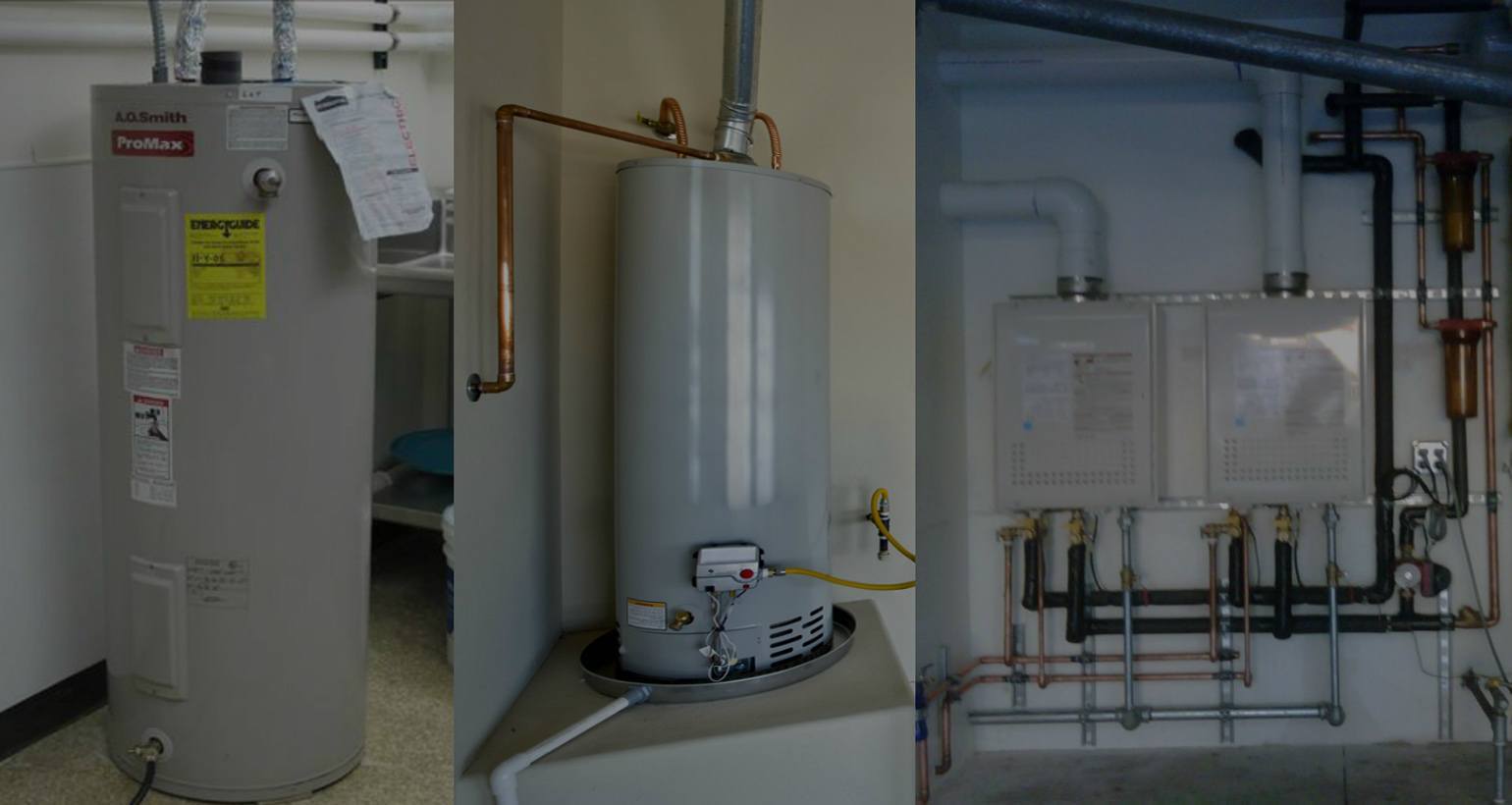Gas Vs. Electric Water Heaters
Comparing Gas and electric water heaters and choosing the best has always been a tough decision for homeowners. According to professional plumbers, water heaters have a limited lifespan of almost 18 years, which makes them another electrical appliance that will be replaced one day.
When it’s time to replace your water heater, you’ll likely start to do some research. And you’ll notice that there are two types of water heaters – Gas & Electric Water Heaters that run on gas and others that use electricity.
But which one should you choose for your home?
Before choosing, you need to understand the differences between Gas and Electric Water Heater systems so you won’t get into any trouble.
Keep reading to explore the differences between gas and electric water heaters.
Upfront Costs
You can look at the costs of gas or electric water heaters in two ways: the initial cost and the ongoing costs.
Gas hot water heaters usually cost more initially. When you compare it to a similar electric model, you can expect to pay more for the gas.
Installation can also cost more for a gas unit. That’s because it’s more complicated to install (more about water heater installation here).
Gas Vs. Electric Water Heater Monthly Costs
Water Heater Size
A tankless hot water heater is the smallest option, no matter what type of power source you choose. It uses a small wall-mounted unit.
Traditional water heaters use larger tanks where they store the heated water. This option requires more space overall.
Electric tank-style water heaters are usually slightly smaller than gas models. This can be important if you’re working in a compact space.
Water Heater Installation
Installing an electric water heater is usually easier than installing a gas unit, as electric units require less maintenance.
Gas water heaters need to be connected properly and safely to the gas lines. They also need to be vented, which requires more work.
Gas installation is even more complicated if you’re switching from an electric to a gas model. Even if your home already has natural gas service, you’ll need a new line running to your water heater location if there isn’t one already.
Water Heater Effiency Rating
Even though gas water heaters are cheaper to operate, they are not highly efficient.
Electric water heaters tend to be more efficient than gas models. The heat from a gas water heater escapes through the venting, which can make it less efficient.
Power Source Availability
Most people go with the same power source for a new water heater as they previously had. This is the easiest option because the connections are already there.
Homes have electricity, so an electric water heater is always an option. If your previous water heater was gas, you could switch to electric.
If your home doesn’t have natural gas running to it, you’ll need an electric water heater.
Heating Time
One of the most important deciding factors in choosing a water heater is its heating time. You want the water to heat up quickly so you don’t end up taking a cold shower.
Gas water heaters usually have a faster heating time than electric models. This can be beneficial for larger families who need lots of hot water and don’t want to wait for it.
Recovery Period
Recovery time is important if your tank runs out of hot water. A longer recovery period means you’ll have to wait longer for more hot water.
That can be a problem when your family uses more hot water than usual and runs the tank out of heated water.
It can also be a problem if your water heater is too small for your family’s needs.
It makes sense that a gas water heater has a shorter recovery time considering the heating time is faster. That faster water heating means it can recover in a shorter period if you run out of hot water.
Electric water heaters typically have a longer recovery time. That can be a problem if you tend to run out of hot water frequently.
Venting
Gas water heaters require proper venting to keep your home safe. It’s necessary to get rid of the exhaust gases.
If you choose an electric water heater, you don’t have to worry about the venting. This gives you more options when choosing a location for your water heater.
Power Outages
When the power goes out, so does the heating source for your electric water heater. That means you won’t have hot water if the power stays off for an extended period of time.
A gas-powered water heater can continue working if the electricity goes out, assuming there’s no interruption to your gas service. This can be beneficial if your electricity goes out frequently and for long periods of time.
Safety
All appliances have their risks, especially if you don’t maintain them or they’re not properly installed.
Gas water heaters have additional risks because of their power source. They can leak or explode.
Gas water heaters can also cause carbon monoxide leaks in your home. Carbon monoxide is potentially deadly. You can’t see, smell, or detect it in any way on your own.
You’ll need carbon monoxide detectors in your home to constantly monitor the air for potential leaks.
It’s important to maintain your water heater to prevent problems. If you notice anything suspicious or smell gas, contact the gas company immediately.
Comparing Gas Vs. Electric Water Heaters
Both gas and electric hot water heaters have benefits and drawbacks. Unless you’re building a brand new home, you’ll likely go with the same type of water heater you already have. But knowing the differences helps you choose if you’re considering converting.

Call The Professionals
Call Fischer Plumbing Right Away And Get The Best Sewer Line Repair Service At Your Doorstep.









